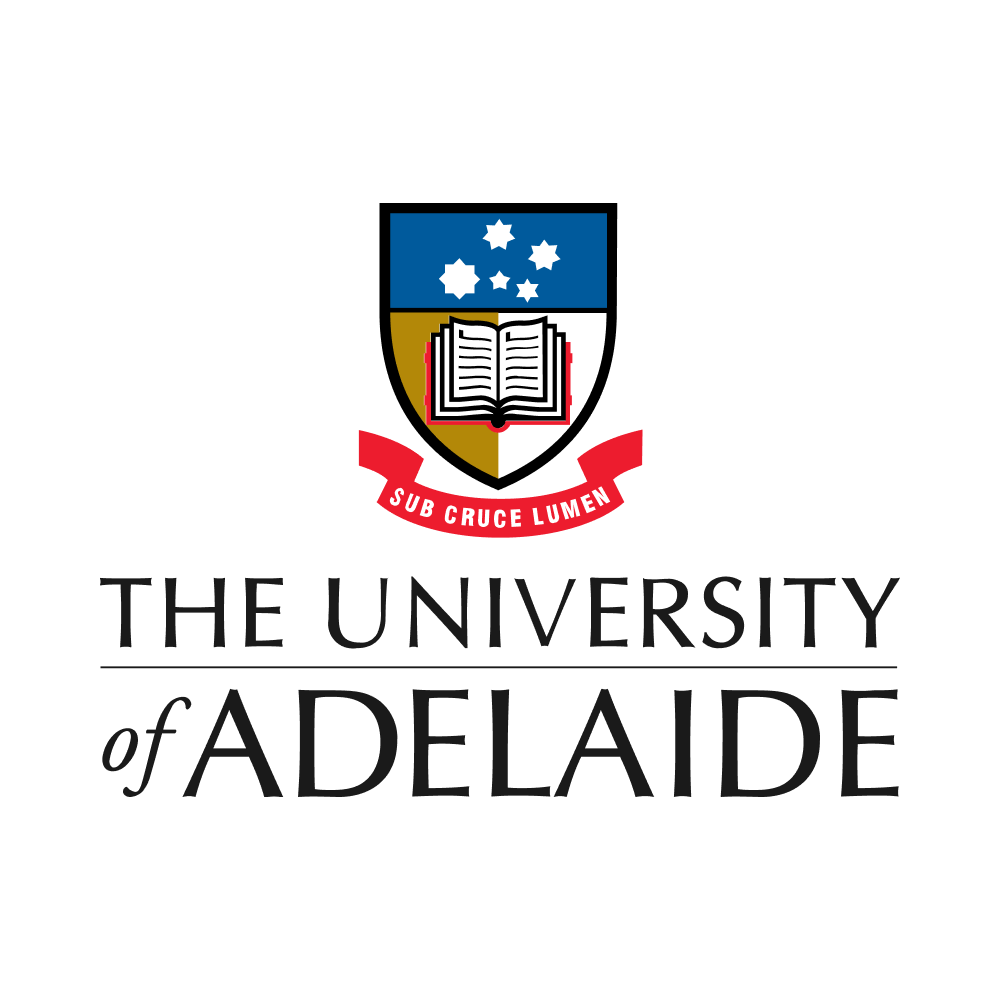
Economists use various analytical methods to examine and interpret data to understand economic structures, trends and performance across diverse sectors like business, education and healthcare. Their analysis can be used to understand current economic circumstances and forecast future outcomes.
Let’s explore what economist jobs usually entail, how much professionals earn in this role and what you can do to pursue a career in this field.
What is an economist?
An economist mainly focuses on studying how goods and services are produced, distributed and consumed. Their work can cover a wide range of topics, such as unemployment rates, policy impacts and taxation. Their insights can help the government develop policies and empower organisations to make informed business decisions in a rapidly changing economic environment.
Depending on their role, economists can work independently or as part of a team. They often engage with a wide range of professionals like government officials and researchers in other fields to gather data and diverse perspectives. Economists may also communicate with businesses, high-level officials and other key stakeholders to present their findings.
Economists can work in the government and private organisations like investment banks and consultancy agencies. While many of them perform their tasks in an office environment, their work may require them to travel outside the office to conduct field research, collect data or give presentations to various organisations.
What does an economist do?
While all economists study economic data, their exact duties may vary depending on their role, where they work and their specialisation. For example, economists focused on public finance assess how government budgets can influence the economy while labour economists study the supply and demand for workers in particular occupations.
Explore some common responsibilities for economist roles below:
- Gathering microeconomic and macroeconomic data
- Developing mathematical models to study and interpret economic data
- Use economic theories to examine and explain market conditions and economic policies
- Forecast future economic developments
- Provide advice on various economic topics like tax strategies, budgeting and financial planning
- Prepare written reports of research findings
- Give presentations to stakeholders or at public events
What is a typical economist salary in Australia?
SEEK reports that the average salary for an economist in Australia ranges between $95,000 and $115,000 a year. Find out the typical annual income for this role in each state and territory below, according to Indeed:
3 steps to becoming an economist in Australia
If you have career aspirations to become an economist, consider taking these steps:
-
Acquire an undergraduate qualification
Many economists obtain their bachelor’s degree in economics, commerce or a related field. Typically spanning over three years of full-time study, courses in these disciplines can help you build a solid understanding of how an economy functions. You can learn key economic concepts and topics, such as supply and demand, microeconomics, macroeconomics and econometrics, and develop skills in analysing data. Pursuing an honours degree is also a great way for you as an aspiring economist to delve deeper and enhance your research capabilities.Obtaining a bachelor’s degree in these fields is typically a necessary step to begin your career in economics, as many economist jobs require candidates to have a formal tertiary qualification. The specialised knowledge and skills you'll gain with this qualification can show potential employers that you have what it takes to perform economics-related tasks with confidence.
-
Obtain work experience
A career in economics offers great versatility as your skills allow you to work in various organisations across diverse sectors, such as financial institutions, investment firms, insurance companies and government agencies. You may begin your career in a junior position, supporting senior economists with research and data analysis. The more experience you gather, the higher your impact at work. Your role may evolve to include building economic models, collaborating with clients and professionals across disciplines, as well as producing reports that can advise organisational strategies and policies. -
Pursue advanced studies
If you have long-term plans for your career in economics, a postgraduate degree can be a powerful launchpad to help you realise your professional goals. Not only can you further your qualifications, but you can also choose to specialise in a specific area of your interest. This focused niche can help you become an expert within your field and elevate your career prospects.In Australia, various master’s courses in economics offer specialisations as part of their curriculum. For example, students in the Master of Economics course at the University of Western Australia can specialise in applied economics, financial economics or health economics. The Master of Political Economy course at the University of Sydney provides optional specialisations in social research or country risk assessment. The University of Adelaide’s Master of Economics and Resource Policy allows students to choose up to two specialisations from the following: international trade, economic analysis or global food and agribusiness.


The Master of Economics is designed for students who plan to pursue careers as economic researchers and decision makers in the public or private sectors. The course attracts people employed by the public service and private enterprise, as well as teachers already holding a Bachelor of Economics who seek to improve their professional qualifications through postgraduate studies.
Topics covered include microeconomics, macroeconomics, international economics, financial economics, resource economics, public economics, quantitative economics, economic history and economic development.


The Master of Political Economy focuses on how economic life is shaped by political, institutional, social, cultural and historical factors, and explores different theoretical traditions to ask a variety of questions about markets, the state and households.
This postgraduate coursework degree will develop your critical analysis and communication skills, enabling you to engage with a range of theoretical perspectives and their practical applications in all areas of public policy.


Dive deep into the intricate world of economic study and examination, policy formulation, and resource allocation while honing your skills to ensure equitable access to vital resources, from clean air and water to sustainable energy. Be at the forefront of shaping policies that not only safeguard economic stability but also protect our environment and promote social equity.
This program is designed to enhance your employability, with practical skills for both academic and professional success. You’ll also have access to dedicated support services, such as the Economics Drop-in Centre, Writing Centre, and Maths Learning Centre, to help your master's journey be as smooth as possible.
What skills does an economist need?
Explore valuable skills that you should have to pursue a rewarding career as an economist.
Hard skills
Specialised knowledge
Economists are required to have expert proficiency in essential principles and theories, such as supply, demand, scarcity and production, to examine economic data. You should also have a deep understanding of consumer behaviour and keep yourself updated with global economic trends. This combination of theoretical and real-world knowledge allows you to conduct economic research and generate insightful reports.
Data analysis
As an economist, you must be able to analyse and interpret trends in economic data to gain insights and draw conclusions. This often involves utilising software tools to better understand data. Data analysis can help you assess an organisation’s financial condition, monitor market trends or even examine a country’s economy.
Statistical knowledge
This technical skill is concerned with merging advanced computer literacy with a strong knowledge of various mathematical topics like calculus and statistics to comprehend economic figures. By using statistical methods, such as building predictive models, you can identify patterns in data and forecast potential outcomes. These insights can help organisations understand risks and market shifts better as well as develop smarter and data-driven business strategies.
Soft skills
Conducting research in this role typically involves communicating with clients, policymakers, researchers, analysts and other professionals. You may also be generating reports and giving presentations of your findings. Skills in verbal and written communication allow you to engage with others effectively and explain complex economic concepts in a clear and concise manner that can be understood by everyone, especially those without an economic background.
Attention to detail
Since your duties mainly revolve around examining numbers and data, having a sharp eye for detail is important. Attention to detail helps you verify the accuracy of your information and identify discrepancies in reports. This skill also allows you to produce economic reports that are not only insightful but also free of errors.
Crafting economics reports is often a collaborative effort that involves working closely with various professionals to gather information, share insights and exchange ideas. Different collaborators can bring unique skills and have access to various research sources. Hence, having this skill can add great value to your work and improve the overall quality of your research findings.
Launch your career in economics
Pursuing a career as an economist and helping organisations build informed strategies require a strong educational foundation and relevant industry experience. You can deepen your economic expertise and sharpen your analytical skills by obtaining an advanced degree. Take a step closer towards an impactful career by exploring postgraduate economics courses offered by top Australian universities.























